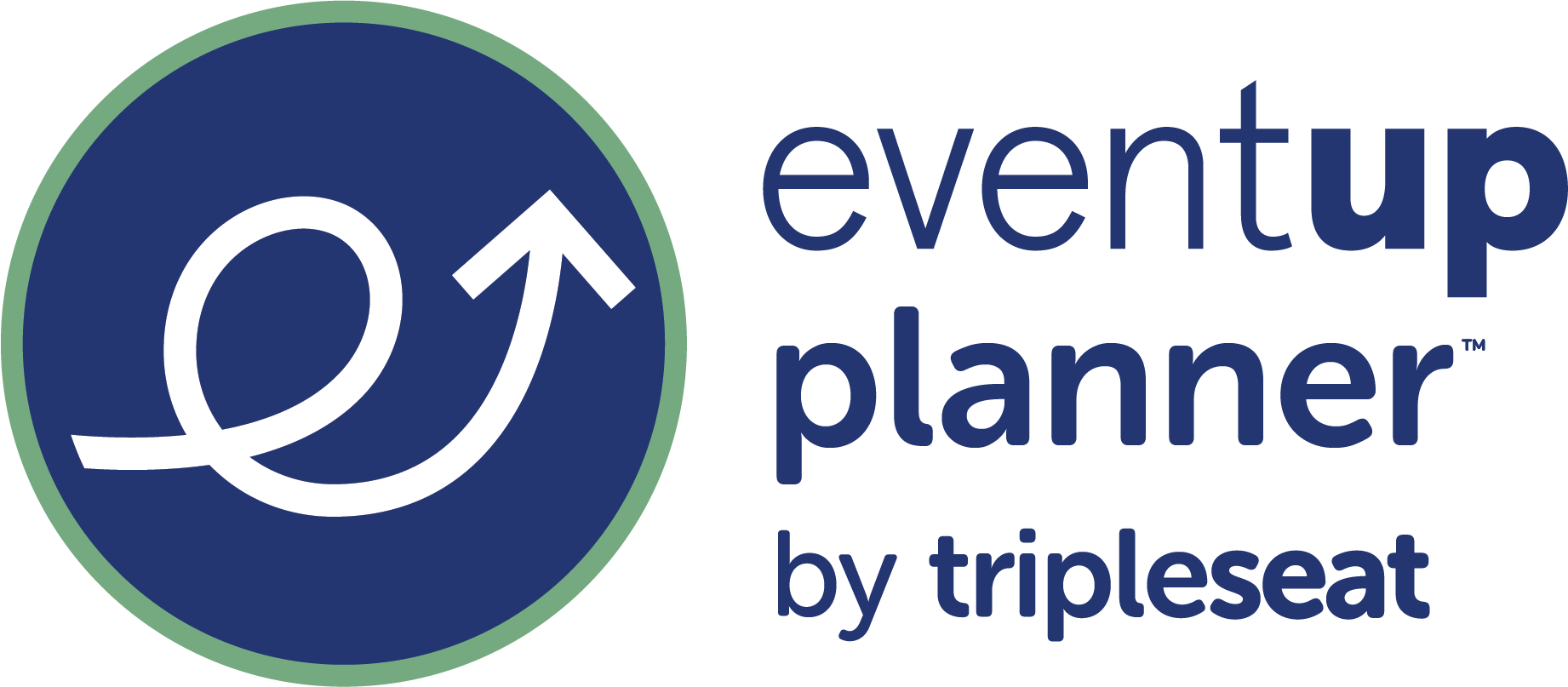Events are a critical channel for healthcare organizations to engage with their key audiences.
From large-scale medical conferences to intimate seminars, events enable healthcare event planners to strengthen relationships, generate leads, and position their brands as thought leaders.
However, producing successful healthcare events takes thoughtful planning and preparation. You must consider your target audience carefully, create compelling messaging, leverage the right technologies, and design memorable attendee experiences.
In this blog, we’ll explore best practices and innovative ideas to make your next healthcare event a resounding success, no matter the size or format.
Understanding Your Healthcare Audience for Effective Event Planning & Marketing
The first step in planning any successful event is gaining a crystal-clear understanding of your target audience. Ask yourself these key questions:
Who are the key stakeholders for this healthcare or medical event?
Consider physicians, hospital administrators, medical society members, patients, policymakers, and other healthcare professionals.
What are the demographics of potential healthcare event attendees?
Age, gender, specialty, geography, seniority level, and other attributes will impact their needs and interests.
What healthcare or medical challenges and pain points does this audience face?
Tailor content around addressing common problems and concerns.
How can your event enhance their healthcare or medical knowledge, skills, and professional opportunities?
Align event deliverables with your audience’s goals.
Thorough audience research and analysis will allow you to design healthcare events that truly resonate with your attendees.
Strategic Pre-Event Healthcare & Medical Event Planning Strategies
1. Define Your Goals
Before diving into the logistics of your healthcare event, it’s essential to define success clearly. What are your measurable goals? More registrations, greater brand awareness, increased members? Clear objectives are crucial.
2. Set a Budget
Next, build a realistic event budget—factor in venue, food and beverage, A/V, staffing, speakers, promotion, etc. Build in contingency funds for unexpected expenses.
3. Find Healthcare Event Spaces
Then, find the right venue for your audience size, event format, and budget. The space can make or break the experience.
4. Secure Event Partners & Sponsors
Finally, focus on securing reputable partners and sponsors, which can offset costs while expanding your reach.
5. Start Marketing Your Event
Once logistics are set, start promoting your event. Early and enthusiastic marketing gets attendees excited to register right away.
Thoughtful healthcare event planning ahead of time prevents headaches later on. With these items taken care of, you’ll pave the way for success!
Healthcare & Medical Event Marketing Strategies
Promoting your healthcare event in a crowded industry takes creativity. How will you rise above the noise and convince your audience to devote their valuable time to attending?
1. Develop Targeted Campaigns & Messaging
Start by developing truly unique, compelling messaging. Don’t just send generic invitations—craft targeted campaigns that speak directly to your audience’s problems and interests. For physicians, highlight CME credit opportunities, renowned speakers, and insights into emerging treatment. Hospital administrators emphasize innovative approaches to improve the patient experience.
2. Leverage Digital Platforms
Next, leverage digital platforms to connect with your audience. Cultivate a social media presence and run digital ads focused on their location and healthcare interests. Tap into email lists from past events or affiliated organizations to reach engaged subscribers.
3. Cross-Promote Your Event
Partnerships expand your promotion power. Identify reputable healthcare organizations or professional associations that share your audience and see if they’d be willing to cross-promote your event. Their website banners, email blasts, and social media posts can reinforce your outreach.
4. Encourage Word-of-Mouth
Don’t underestimate good old-fashioned word-of-mouth! Identify healthcare thought leaders to share their genuine excitement for your event. Their personal recommendations go a long way with peers and followers.
With the right mix of creativity, digital savvy, and partnership building, you can design a healthcare event marketing strategy that successfully cuts through the noise.
Innovative Healthcare & Medical Event Formats & Spaces
Healthcare events don’t have to follow the standard conference or trade show formats. Some of the most unique and memorable events break the mold completely!
As you brainstorm concepts, consider event formats encouraging engaging discussions, interactive demonstrations, and relationship-building among attendees.
Panel Discussions
Organizing a panel discussion on a pressing topic in healthcare allows attendees to gain insights from multiple expert perspectives. The panelists can share their views and debate differing opinions while the audience better understands the nuances.
Workshops
Workshops and roundtable sessions also lend themselves well to audience participation. Attendees can ask questions and raise issues for a collaborative group problem-solving experience.
Case Study Presentations
If you want to showcase real-world successes, invite speakers from healthcare organizations to deliver case study presentations. By detailing their own experiences step-by-step, they provide actionable takeaways attendees can apply to their own lives and careers.
Networking Events
Networking is often a primary goal for event participants. Consider organizing speed networking events, designated meetups around shared interests or specializations, or fun social activities. Spontaneous, organic conversations lead to meaningful professional connections!
Hybrid Events
Hybrid events blend physical and virtual elements to increase flexibility, reach, and engagement for remote and in-person attendees.
The main point is that cookie-cutter conference formats are not the only option. Think outside the box and craft healthcare events truly tailored to your audience! The end result will be greater engagement, idea-sharing, and relationship-building among attendees.
Integrating Technology into Healthcare & Medical Event Planning
Thoughtfully integrating technology elevates healthcare events, but with so many options, where do you start?
User-Friendly Medical Event Software
Consider user-friendly event management software like EventUp Planner that centralizes registrations, logistics, websites, and reporting in one platform.
Virtual Reality & Augmented Reality
Virtual reality (VR) and augmented reality (AR) are on the rise, too. These immersive technologies transport attendees into simulated healthcare settings to practice techniques or visualize concepts. The hands-on nature boosts engagement and retention.
Medical Conference Apps
Medical conference apps are another innovative way to deepen attendee interactivity. From agendas to speaker information, networking, and exhibitor interactions, branded mobile apps make events more seamless, personalized, and engaging.
Live & On-Demand Content
Live streaming and on-demand content allow virtual attendees worldwide to participate in real-time or view later. These tools broaden reach and extend your event’s shelf life.
The key is determining which technologies align with your healthcare event goals and integrating them thoughtfully into the experience. With the right platforms and tools, the technology should fade into the background, enabling greater engagement and connection. Download our free guide to choosing an event management platform for tips on finding the tech that’s right for you.
Optimizing the Attendee Experience at Healthcare & Medical Events
Beyond your educational content, healthcare event attendees look for experiences that optimize comfort, engagement, and networking. These “soft” elements create memories that linger after the industry insights fade.
1. Design Functional Healthcare Event Spaces
Carefully design event spaces for functionality and flow. Allow easy navigation between CME sessions, exhibits, catering, and networking areas. Build in ample time to connect between presentations.
2. Provide Healthy Options & Comfort to Attendees
Provide healthy food options to maintain energy levels throughout long conference days. Ensure sufficient comfortable seating and standing room based on MD/RN attendance—factor in ergonomics for 10+ hour days on your feet. To promote wellness, consider offering massages, fitness classes, or guided meditation breaks.
3. Make Your Event Easy
Remember to make the experience effortless. Intuitive wayfinding signage helps avoid confusion in large convention centers. Easily accessible staff and resources address real-time questions or needs.
Lastly, gather attendee feedback through post-event surveys and meetings. This allows you to continuously enhance the healthcare event experience and align with your audience’s preferences.
Exhibitor Best Practices for Healthcare & Medical Events
For sponsors and exhibitors, healthcare events provide unmatched opportunities to directly engage key decision-makers and buyers. But how do you maximize the value of your participation?
1. Invest in Eye-Catching Booth Designs
First, invest in eye-catching booth designs that reflect your healthcare brand. Motion graphics, clean aesthetics, product demos, and modern lighting enhance your presence.
2. Attract Traffic Through Interactive Displays
Next, attract traffic through interactive displays. Showcase new medical devices, offer free samples, or demonstrate telehealth platforms. Remember: attendees gravitate toward immersive experiences!
3. Tailor Sponsorship Packages
Consider tailoring sponsorship packages for greater visibility throughout the event. Signage, lanyards, charging stations, etc. — all provide opportunities to integrate your brand creatively.
4. Collect Contact Information
Remember to collect attendee contact info through surveys, appointments, gamification, contests, and other touchpoints. Follow up promptly to convert conversations into sales.
With smart pre-planning, a coordinated strategy delivers measurable ROI while strengthening brand awareness among your customers.
Measuring Healthcare & Medical Event Success
Once your healthcare event is over, careful evaluation provides valuable insights to guide future success. But how do you measure beyond anecdotal impressions?
KPIs & Goals
Start by comparing performance against the pre-defined KPIs tied to your goals. Did you achieve the expected increase in registrations or brand awareness? Quantify it.
Event Data
Analyze event data beyond impressions. Website traffic, actual registrations, and attendance, session participation, lead capture metrics, exhibitor scans, and more provide hard numbers.
Post-Event Surveys
Next, survey all attendees to uncover what resonated and what missed the mark. Consistently measuring and benchmarking data over time is crucial. Each event should build on the last, continuously improving.
Avoid relying on hunches or assumptions when assessing the impact of your healthcare event. Quantifiable KPIs, usage metrics, and audience feedback paint a clear picture of strengths to leverage going forward and areas needing refinement. The insights pave the way for even greater success next year.
Plan Remarkable Healthcare & Medical Events with EventUp Planner (formerly Attendease)
We hope these tips and ideas provide a helpful starting point as you plan your next healthcare event.
To combine all these elements seamlessly under one platform, we recommend EventUp Planner—an intuitive, easy-to-use event management solution purpose-built for modern healthcare event planners.
- Simplified healthcare event promotion
- Robust tools and templates
- Seamless registration management
- No-code event website building
- Analytics & reporting
- …and much more!
No matter the size or format of your event, EventUp Planner provides the flexibility and power you need to deliver healthcare events that engage, educate, and inspire. Ready to make your healthcare events truly memorable? Book a demo today!
Let's Talk!
Manage your entire event portfolio and drive down the cost per event with each additional event you execute. EventUp Planner has flat-fee pricing, with no surprises.
- For all meeting and event types
- For all event sizes
- For all functional teams
- For all use cases
Book a call with our team to learn how EventUp Planner fits your needs.


